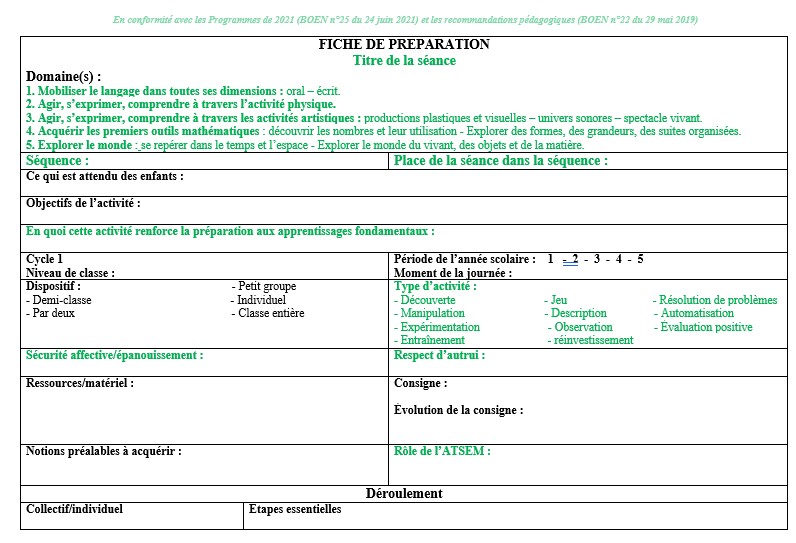Understanding The Good Life: Values, Purpose, And Meaning

Table of Contents
Defining Your Values: The Foundation of a Good Life
Our core values—deeply held beliefs that guide our decisions and actions—form the bedrock of a meaningful life. A strong value system acts as our moral compass, influencing everything from our career choices to our relationships. Identifying and prioritizing your personal values is crucial for creating a life that feels authentic and satisfying. When our actions align with our values, we experience a greater sense of self-respect and inner peace. Conversely, misaligned values can lead to feelings of dissatisfaction, anxiety, and even resentment.
- Techniques for Identifying Core Values:
- Reflection: Take time for quiet introspection. Consider moments of significant joy or accomplishment; what values were at play?
- Journaling: Regularly write about your experiences, noting the principles that guided your choices.
- Values Clarification Exercises: Numerous online resources and worksheets offer structured exercises to help you pinpoint your core values.
- Examples of Common Values: Family, creativity, learning, freedom, helping others, honesty, integrity, adventure, security, spirituality.
- The Impact of Misaligned Values: Living a life contrary to your core values can lead to stress, burnout, and a sense of unfulfillment. For example, if your core value is creativity but you work in a highly structured, rigid environment, you may experience dissatisfaction.
- Integrating Values into Daily Life: Make conscious decisions that reflect your values. Prioritize activities and relationships that align with your principles.
Discovering Your Purpose: Giving Your Life Direction
What is your life purpose? This question has puzzled philosophers and individuals for centuries. Finding your purpose is about identifying what gives your life direction and meaning. It's about discovering your unique contribution to the world and aligning your actions with your passions and strengths. Your purpose isn't necessarily a grand, life-altering mission; it can be found in the everyday – in your work, relationships, hobbies, or acts of service. Often, your purpose is deeply connected to your values.
- Methods for Identifying Your Purpose:
- Self-Reflection: Ask yourself: What truly excites me? What am I naturally good at? What impact do I want to make on the world?
- Exploring Interests: Experiment with different activities and hobbies to discover your passions.
- Identifying Strengths: Use personality assessments or seek feedback from others to understand your unique talents.
- Differentiating Between Passion and Purpose: While passion fuels your enthusiasm, purpose provides a sense of direction and lasting meaning. Purpose often involves a commitment to something larger than yourself.
- Aligning Purpose with Values: A fulfilling purpose is inherently connected to your core values. If your purpose contradicts your values, it's unlikely to provide lasting satisfaction.
- Examples of Finding Purpose: Purpose can be found in a rewarding career, raising a loving family, contributing to a cause, pursuing creative endeavors, or simply living a life of kindness and compassion.
Cultivating Meaning: Finding Significance in Everyday Life
Finding meaning in life is about experiencing a sense of significance and connection in your daily existence. It's about fostering a feeling of belonging, contributing to something larger than yourself, and appreciating the richness of human experience. This sense of meaning isn't passively received; it's actively cultivated.
- The Impact of Relationships and Social Connections: Strong relationships provide a sense of belonging and shared experience, enhancing meaning and purpose.
- The Significance of Contributing to Something Larger Than Oneself: Engaging in activities that benefit others, whether through volunteering, activism, or simply acts of kindness, can imbue life with profound meaning.
- Practices for Cultivating Meaning:
- Mindfulness Meditation: Cultivating present moment awareness enhances appreciation for life's simple joys.
- Gratitude Journaling: Regularly reflecting on things you're grateful for fosters positivity and enhances your sense of well-being.
- Acts of Service: Helping others strengthens social connections and instills a sense of purpose.
- Exploring Different Philosophical Perspectives on Meaning: Different philosophies offer various perspectives on finding meaning, from existentialism's focus on individual responsibility to spiritual traditions emphasizing interconnectedness.
Conclusion
Achieving the good life is not a destination but a continuous journey of self-discovery. The interconnectedness of values, purpose, and meaning is paramount. By identifying your core values, clarifying your life purpose, and cultivating meaning in your everyday experiences, you can create a life of fulfillment and lasting happiness. Start your journey towards understanding your good life today by exploring your values, defining your purpose, and cultivating meaning in your daily life. Embrace self-reflection, actively pursue your passions, and make conscious choices that align with your values. The potential for a rich and meaningful life awaits you.

Featured Posts
-
 Tain Offers Temporary Shelter To Rogart Veterinary Practice After Fire
May 31, 2025
Tain Offers Temporary Shelter To Rogart Veterinary Practice After Fire
May 31, 2025 -
 Clear Skies And Dry Weather Predicted For Northeast Ohio On Tuesday
May 31, 2025
Clear Skies And Dry Weather Predicted For Northeast Ohio On Tuesday
May 31, 2025 -
 Your Good Life Creating A Life Of Purpose And Intention
May 31, 2025
Your Good Life Creating A Life Of Purpose And Intention
May 31, 2025 -
 Metro Detroit Weather Sunny Skies After A Cool Monday
May 31, 2025
Metro Detroit Weather Sunny Skies After A Cool Monday
May 31, 2025 -
 Un Jour En Mer Preparation Et Securite Pour Tous
May 31, 2025
Un Jour En Mer Preparation Et Securite Pour Tous
May 31, 2025
